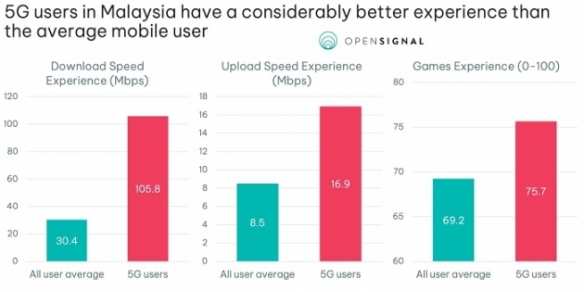Developers could boost Singapore economy by US$11.6 billion over next decade
By Digital News Asia September 14, 2018
- “Bad code” is costing companies in Singapore around US$168.1 million annually.
- Access to developers is a major constraint for Singaporean businesses

THE Singapore economy has the potential to grow by S$1.6 billion (US$1.16 billion) annually if companies harness their developer resources more effectively, according to new research released on Sept 13 by Stripe, a technology company that builds the economic infrastructure for the internet.
Notably, the study, which was independently conducted by Nielsen, finds that 90% of businesses in Singapore are reliant on software to launch products, demonstrating that most companies today are increasingly technology companies.
Additionally, 70% say that revenue from developer-driven products has increased over the last five years.
According to Piruze Sabuncu, head of Southeast Asia & Hong Kong at Stripe, “With the internet and smartphones redefining industries across the global economy, every company is fast becoming a technology company. Nowhere is that more evident than in Singapore, where developers are increasingly contributing to the bottom line.
“However, not only are developers scarce, developer time is also being wasted on technical debt and maintaining legacy systems - compounding the strain on developer resources. Investing in API-driven models that provide more agility are helping these businesses free up their developers’ time to maximise their abilities, and ultimately, maximize their impact.”
Access to developers a major constraint for businesses
Just over two-fifths (41%) of senior executives in Singapore say that a lack of qualified software engineers and developers is one of the greatest internal challenges facing their company today, even more so than a lack of capital (34%).
Additionally, companies are struggling to hire more developers. Three quarters (72%) of Singaporean businesses are looking to hire developer talent in the next year, but the vast majority (69%) are finding it challenging to do so, making hiring developers a key battleground in Singapore.
“Bad code” costs Singapore US$168.7 million annually
At the same time, businesses in Singapore are counting the cost of not using existing developer talent effectivity enough - “bad code” is costing companies S$232 million (US$168.7 million) annually in Singapore.
Crucially, about a third of developers (32%) say that they’re spending at least half of their time reactively tackling “bad code” rather than working on strategic issues.
Out of all the countries surveyed, Singapore also had the highest number of developers (70%) reporting that the amount of time they spend on bad code is excessive (59% all countries average).
Tellingly, 98% of business leaders say that increasing developer productivity is a key business priority, while around 70% say that the developers can accelerate product development and help companies differentiate themselves more.
This underscores how developers are the new force-multipliers for businesses: it’s not how many developers companies have, it’s how they’re being leveraged.
Infrastructure as leverage for scarce developer resources
In the face of this resource crunch, companies adopting modern technology stacks are finding them to be key levers of growth, freeing up developer time to help accelerate product development (86%), reduce overhead expense (72%) and reduce unnecessary headcount (68%).
Software infrastructure has become the key determinant of the speed at which developers can ship code, build products, adapt to evolving consumer behavior and enter new markets, and companies are making significant productivity gains by deploying third-party APIs and web services to automate peripheral business functions.
A majority of companies in Singapore (61%) report that their use of third-party APIs and web services has increased over the past five years, helping them reduce operating costs (50%), accelerate product development and launch (42%).
Related Stories:
What’s Next 2018: A tale of three corporates and digitisation
Malaysian SMEs have a role in accelerating digital economy
Only a matter of time before companies embrace digital transformation


